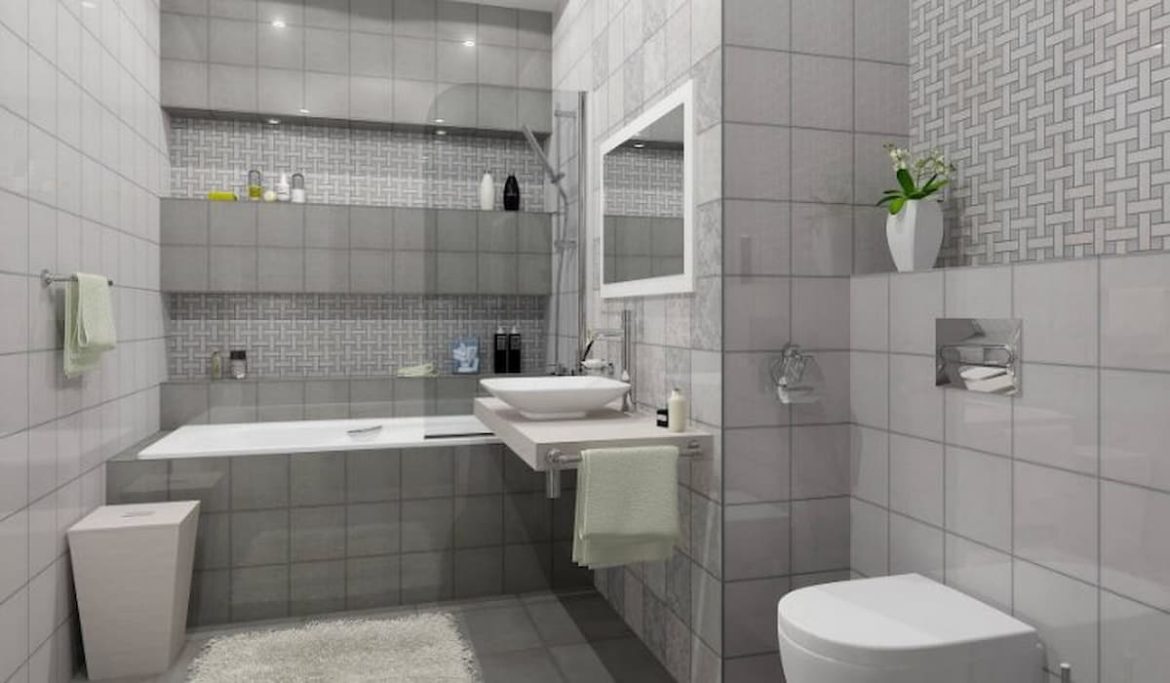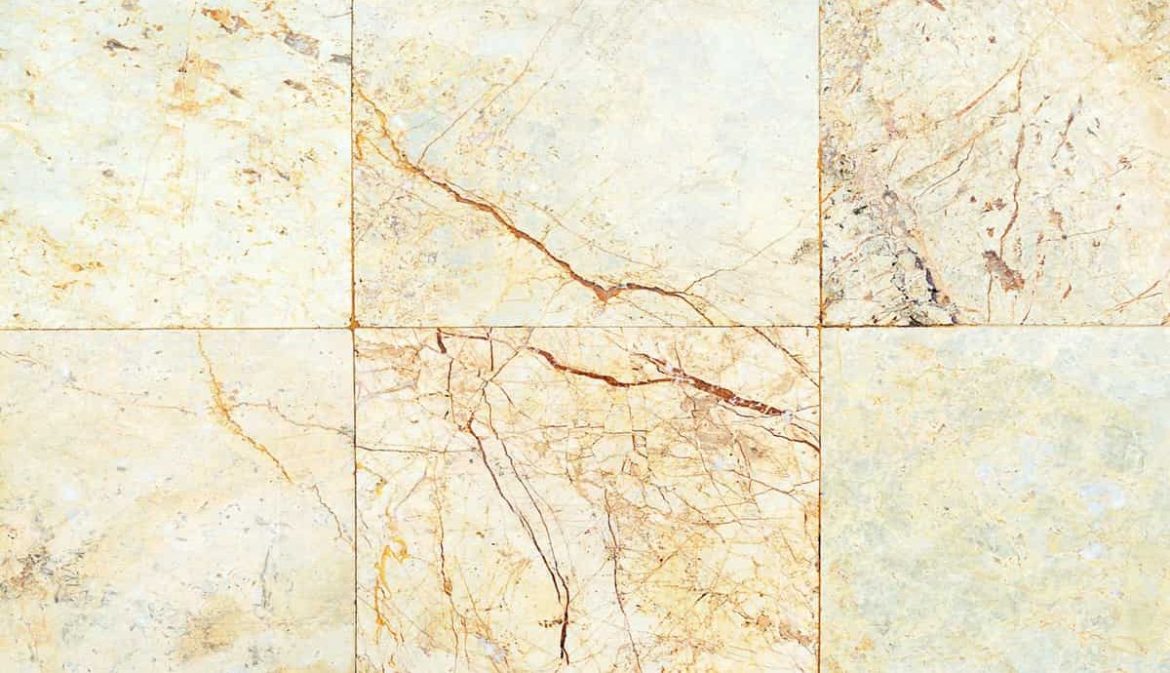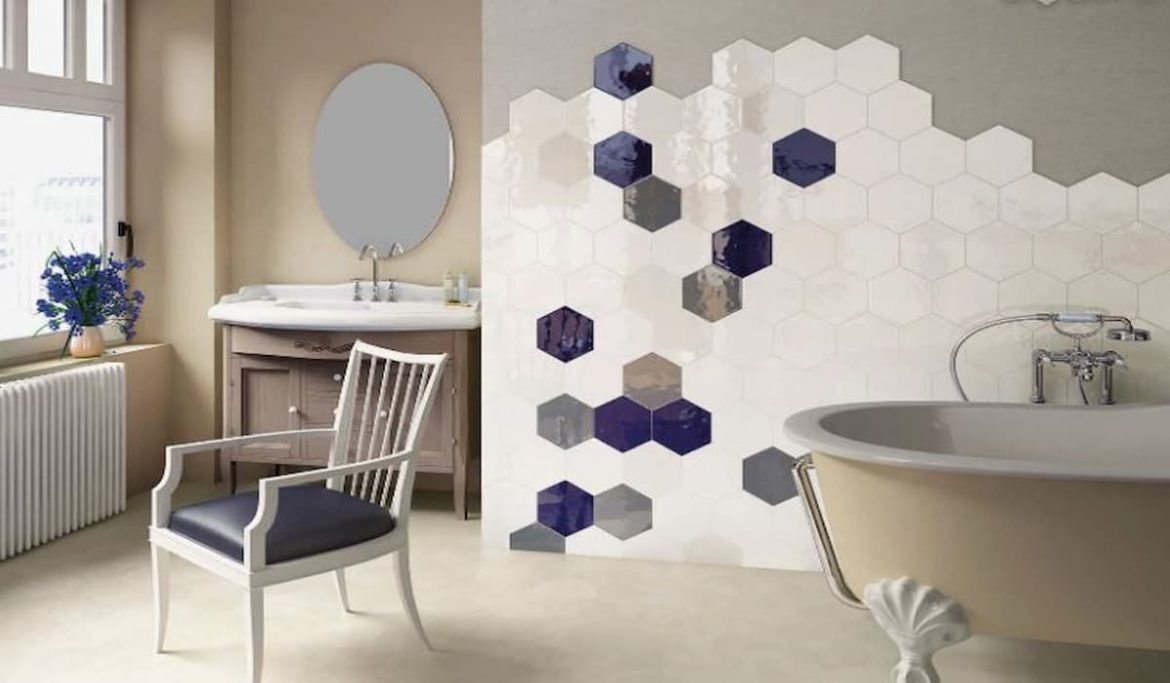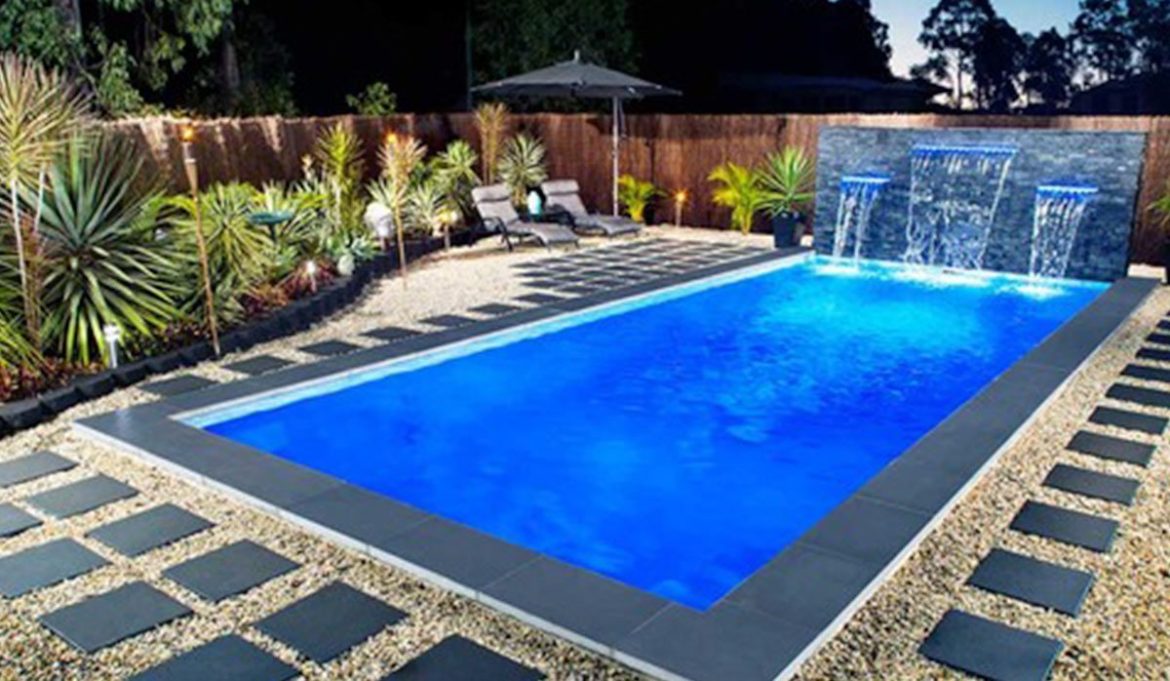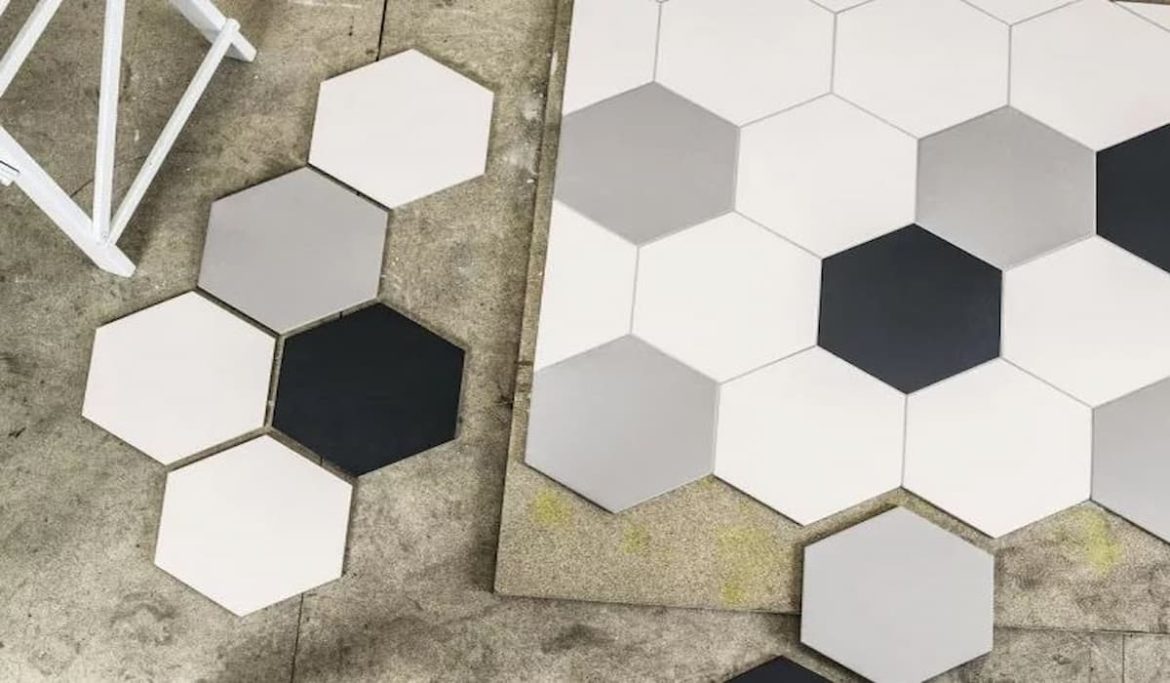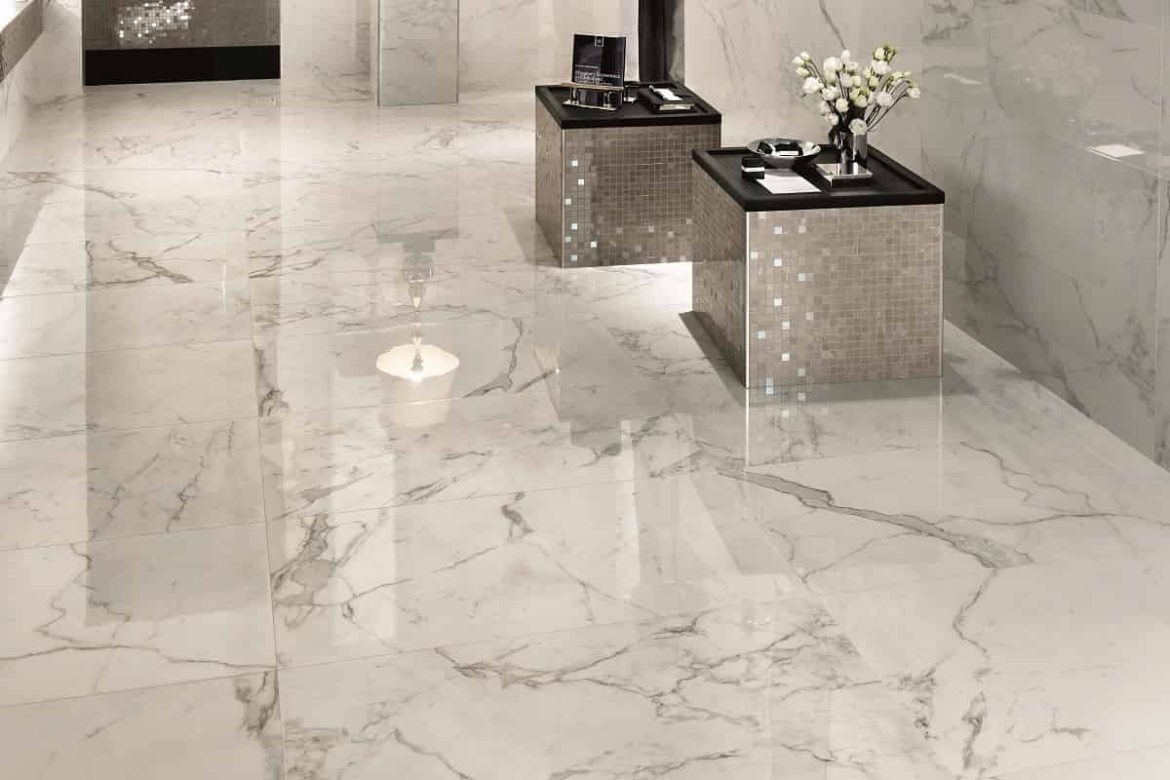thick porcelain tile products purchase price + Education
The typical millimeter (mm) thickness of porcelain tile is comparable to that of ceramic tiles, despite the fact that these tiles can also be found in forms with a slightly increased thickness
Because they are so attractive and so easy to look after, porcelain tiles are becoming an increasingly popular choice for modern interior design
This makes them both a utilitarian and a trendy alternative
Porcelain offers tiles in square meter increments
Before you go out and buy the tiles, you should make sure that the dimensions of the room or area are accurate
The normal range for the thickness of porcelain tiles is between 14 and 34 inches
On the other hand, the thickness of ceramic tiles ranges from one-quarter to one-third of an inch
Even though the standard minimum thickness of both materials is the same, porcelain tile is a somewhat more substantial option
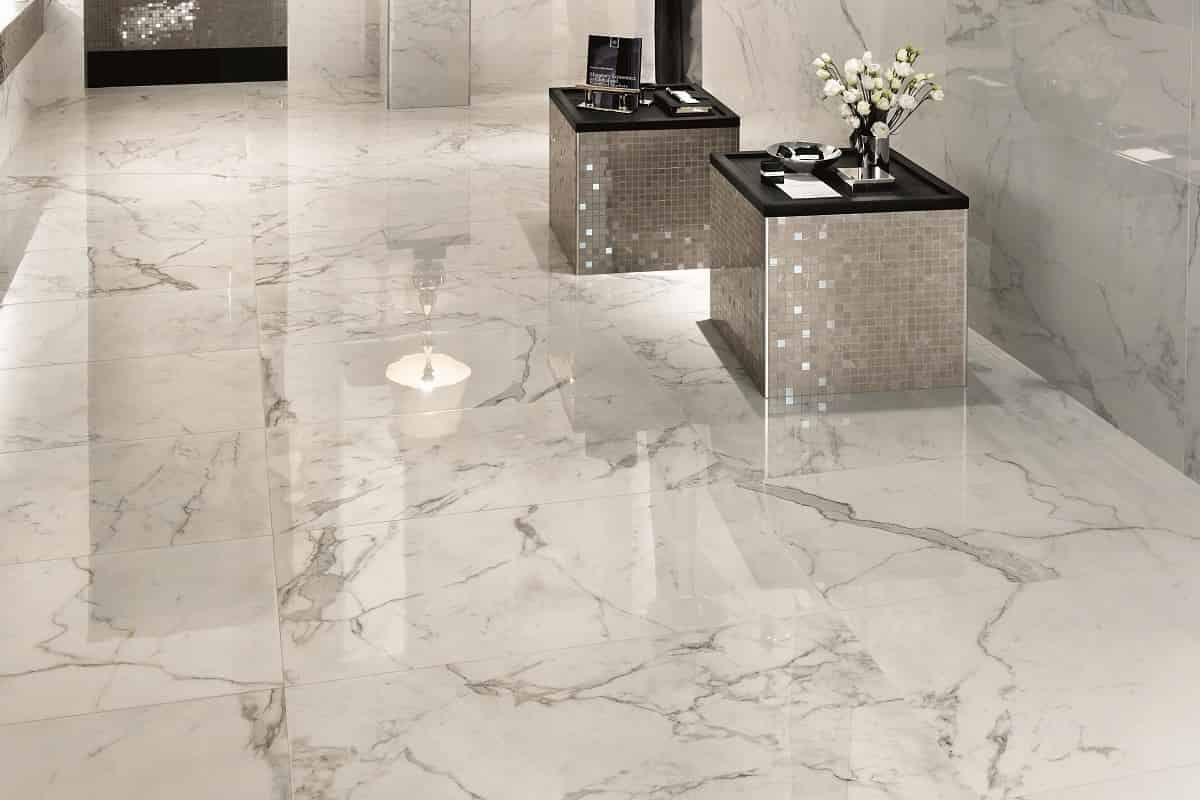
Tiles with a thicker thickness have a longer lifespan and are less likely to chip or shatter than tiles with a smaller thickness
We strongly suggest that you go for thicker porcelain tiles for your flooring, particularly in places that get a lot of foot traffic
This is because the durability of porcelain floor tiles is very necessary in order to avoid cracking and damage
If you are looking for a porcelain tile option that is less heavy, one option to take into consideration is thin body porcelain tile
Because it requires less energy and material to make, it is a more ecologically responsible alternative
In addition, its production requires less space
A minimum thickness of seven millimeters is typical for porcelain tiles
Thin porcelain tiles typically have a thickness of between 3 and 6 millimeters
This indicates that there is room for a tile thickness of 0
12 inches
Due to the diminutive size of the tiles, the installation process must be carried out with extreme caution
Installers almost always require specialist equipment in order to complete this task since the components being used are far more likely to break or shatter
Especially for tiles that are on the extreme extremities of the spectrum
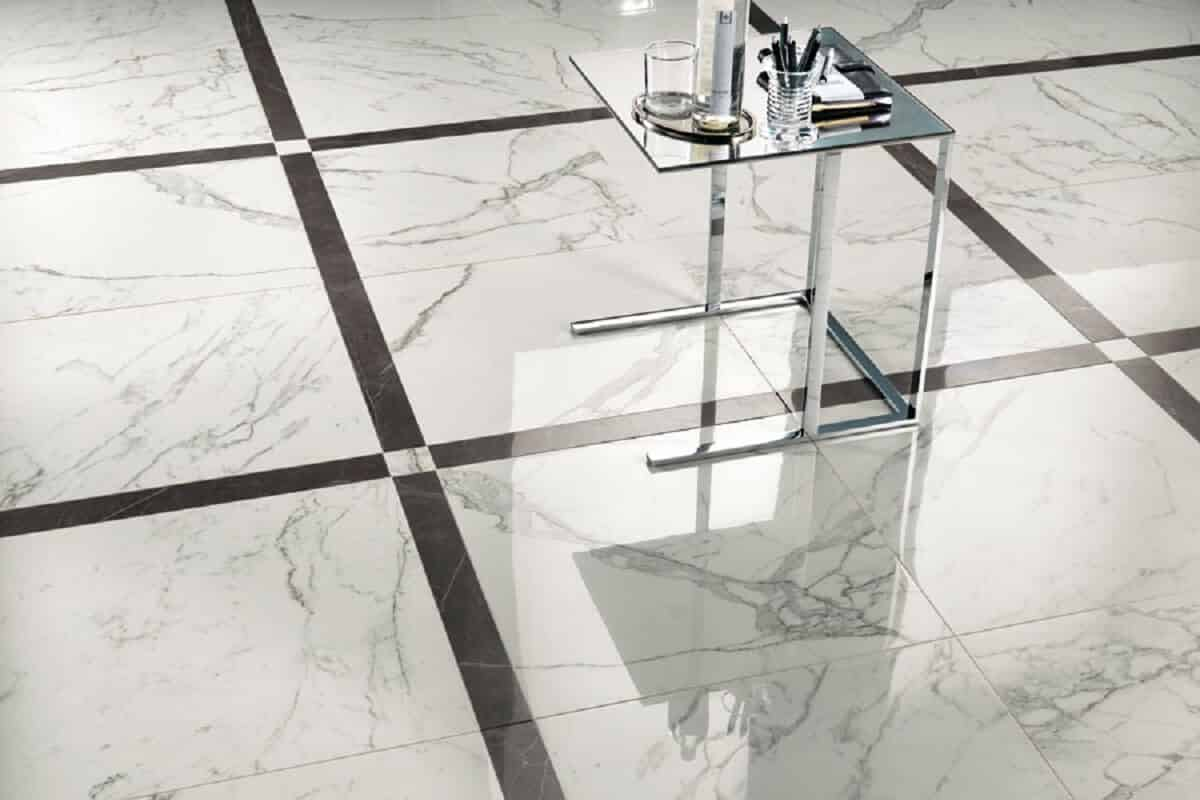
Does the thickness of the porcelain tile really make a difference? Tiles with a greater thickness not only last longer but also have a better chance of fitting in the space you have available
For example, I don’t want the floor in my room to be higher or lower than the floor in the room next door when I get the new tile floor installed there
In addition to that, the door leading to the space has to have an uncomplicated swinging mechanism
If you go with a thicker tile, the door can become stuck or it might scrape against the porcelain tile
When choosing the thickness of the tile, you need to take into consideration the height of the subfloor
The production of porcelain tiles, which normally takes place through the use of the press dust technique, requires the usage of porcelain clay
Tiles made of ceramic can be made using either red or white clay
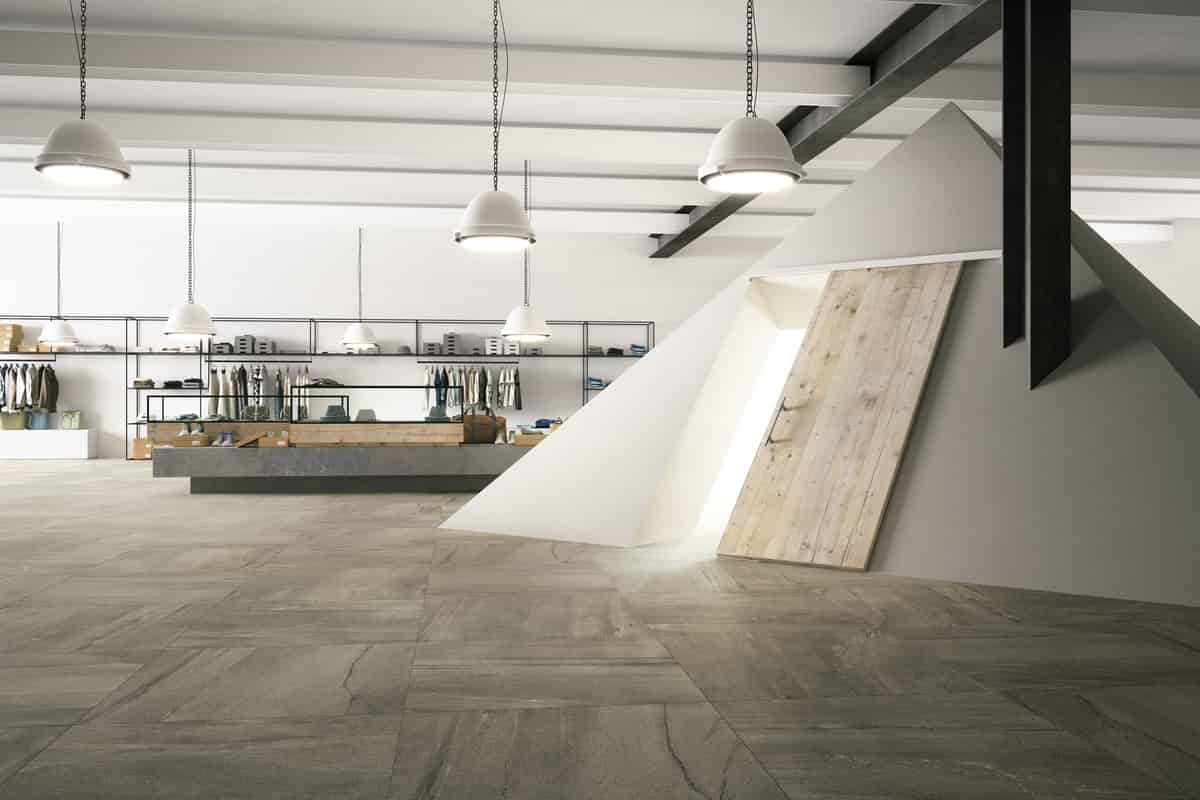
Because porcelain tiles have a water absorption rate of less than 1%, which makes them frost resistant, if not antifreeze, they are suitable for use in areas of an outdoor environment that experience low temperatures
These tiles are not only sturdy and smooth, but they are also resistant to moisture
You may choose porcelain tiles with a matte surface, a glossy surface, or without any glaze at all
Glazed tiles are covered with a very thin coating of glass before being placed in the oven to be fired
This type of porcelain tile, which is also known as glass tiles in some circles, is available in a wide variety of colors and designs
Tiles that are cracked or chipped, on the other hand, may cause more damage and will either need to be fixed or replaced
Glazed tiles with a high sheen are safer to use on walls and countertops than they are for flooring because of their increased slipperiness
The porcelain tiles that are used in the kitchen are heat resistant, however, they are not heat resistant themselves
Glazed tiles do not need to have their grout sealed
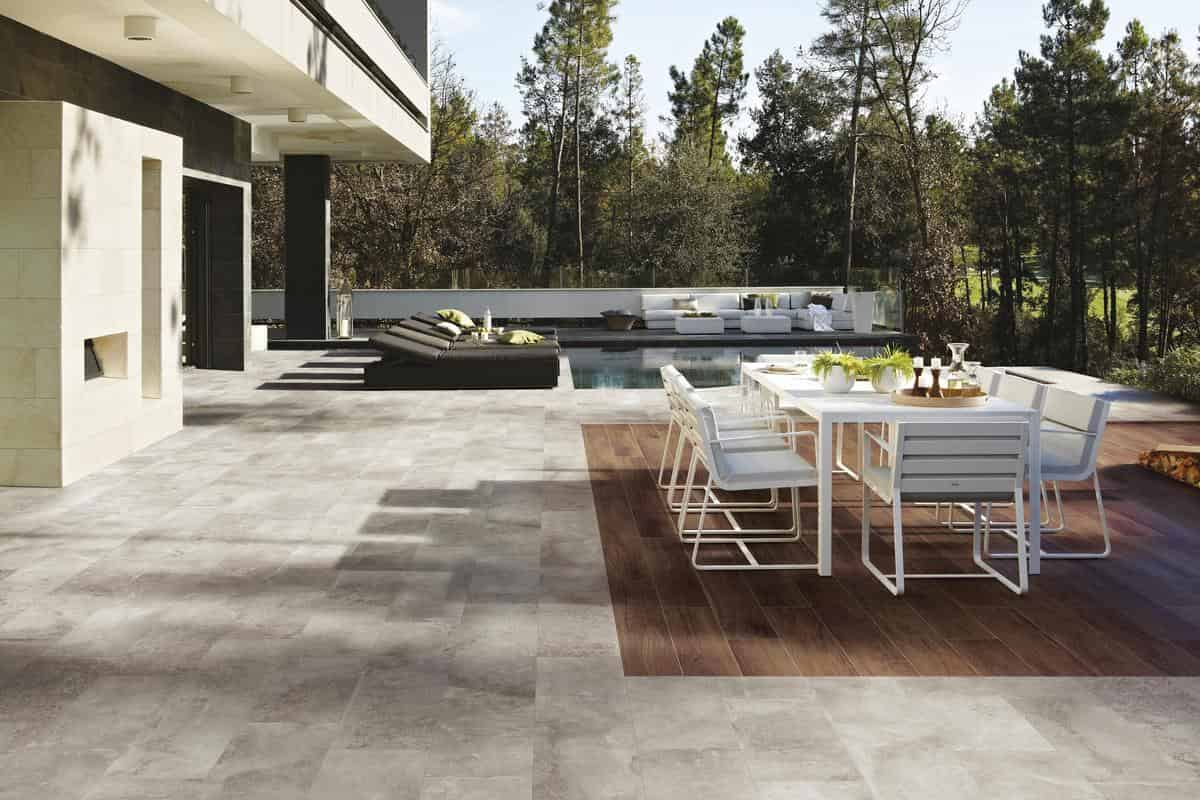
Full-bodied porcelain tiles, also known as body tiles, carry the tile color or pattern all the way through the tile, despite the tile’s thickness
These tiles are also known as solid tiles
These tiles are appropriate for usage in both residential and commercial settings due to their ability to easily cover signs of wear and tear
Applying a grout line sealer is something that we recommend doing in order to protect the porcelain tiles that are on the body even more
When installing porcelain tiles on your walls or floors, you have a few different thickness options to choose from
If you are familiar with the many types of tiles and the thicknesses they come in, you will be able to choose the one that is most suitable for your project


